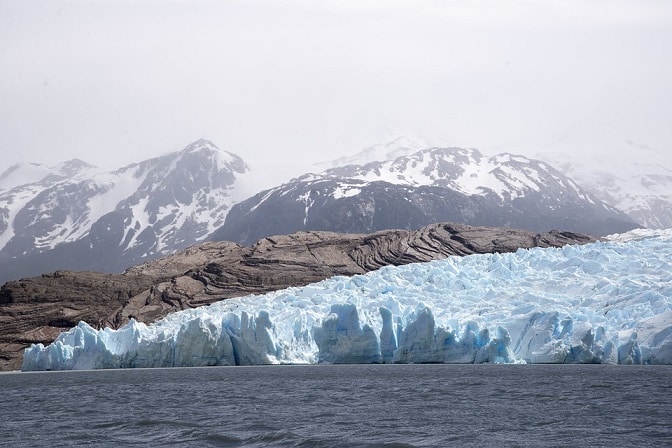For the past decade or so, we have been told that methane, which is emitted during the production and transport of coal, natural gas, and oil as well as from livestock and other agricultural practices and the decay of organic waste in municipal solid waste landfills. We have been told that it is considered a greenhouse gas, like carbon dioxide and is devastating to the climate because of how effectively it absorbs heat.
Methane traps approximately 30 times as much heat in the atmosphere as CO2, but it seems that scientists actually know little about its role in the global carbon cycle. Methane also bubbles up from deep seeps in the ocean, where it is often stored in ice-like crystal lattices of water called hydrates. When the hydrates melt due to temperature and pressure changes, the methane is released into the atmosphere above.
It now seems that methane is not all bad. Recent research off the coast of Norway’s Svalbard archipelago has led scientists to believe that increases in methane can lead to the dramatic decline of another greenhouse gas, carbon dioxide (CO2).
Studies suggest that where methane gas bubbles up from seafloor seeps, surface waters directly above absorb double the amount of CO2 as surrounding waters, and this has led scientists to believe that the methane that is seeping in isolated spots in the Arctic could actually lessen the impact of climate change.
Brett Thornton, a geochemist at Stockholm University who was not involved in the research was astounded, saying that these findings challenge the previous assumption that methane seeps actually increase the global greenhouse gas burden.
Biogeochemist John Pohlman of the U.S. Geological Survey in Woods Hole, Massachusetts and his team set out to measure the gas close to the ocean surface above known methane seeps. Their study found that almost 1900 times more CO2 is being absorbed than methane emitted. Whether the findings apply to ocean seeps in other parts of the world is still a big question though, and requires more research.
Hire water coolers and buy water coolers from Living-Water.






